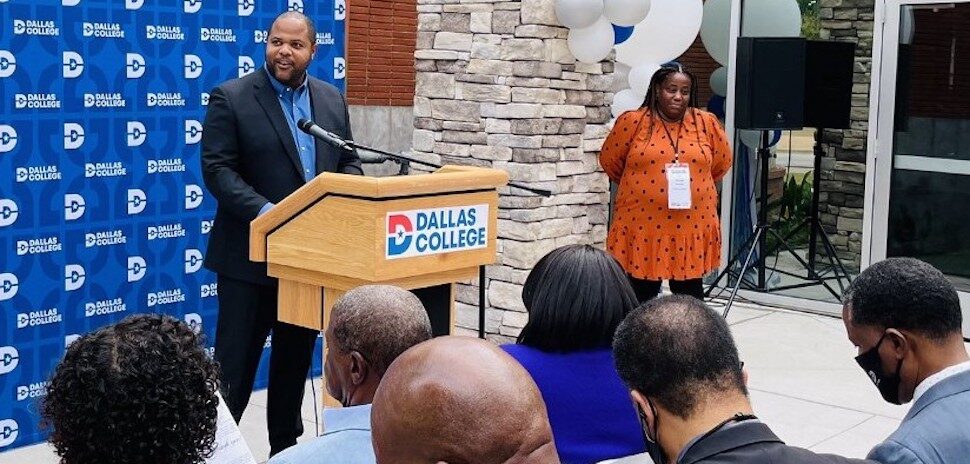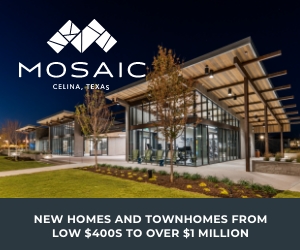Dallas has its eye on the future, with the City Council recently unanimously approving its first climate action plan. The goal is to cut greenhouse gas emissions 43 percent by the year 2030.
The comprehensive strategy includes a slew of action items that address eight goals and corresponding objectives: energy-efficient and climate-resilient buildings; renewable, reliable, and affordable energy; access to sustainable transportation options; becoming a zero-waste community; water conservation; increase and leverage green spaces; better access to healthy food options; and improved air quality.
For commercial real estate developers, the biggest change is a shift to net-zero buildings— structures that produce as much energy as they consume—for all new construction by 2030. Studies found that 64 percent of all greenhouse gas emissions in the city come from buildings and the energy sector, with 35 percent from the transportation sector.
Property owners of existing buildings also are called to help, with a goal to reduce energy use 15 percent below 2015 levels by 2030 and 20 percent below 2015 levels by 2050. Additional goals call for achieving carbon neutrality in municipal buildings by 50 percent and 100 percent by 2030 and 2050, respectively.
The city’s plan includes strategies for residential buildings, too, with a goal to cut energy usage in existing residences 10 percent by 2030 and 25 percent by 2050.
The Comprehensive Environmental & Climate Action Plan, known as CECAP, took two major committees, two rounds of formal community meetings, more than 180 individual meetings with community groups, and a review of over 9,000 unique comments from surveys and other public response mechanisms to develop and launch the plan.
EarthX, Public Citizen, and the University of Texas at Arlington formed a Stakeholder Advisory Committee, which is comprised of more than 35 organizations.
The City of Dallas worked with AECOM, a global infrastructure firm, along with many other organizations including the Dallas Regional Chamber, Lyda Hill Philanthropies, Toyota North America, Dallas College, NCTCOG, and JPMorgan Chase, to develop CECAP.
AECOM Senior Urban Planner Tatum Lau, who worked as the senior planner and deputy project manager for CECAP, says, moving forward, they expect an Environment and Sustainability Advisory Committee made up of professionals and community members to be formed for CECAP’s implementation.
A version of this story first published in the Summer 2020 edition of the Dallas-Fort Worth Real Estate Review.
Read the digital edition of Dallas Innovates’ sister publication, the Real Estate Review, on Issuu.
Sign up for the digital alert here.
![]()
Get on the list.
Dallas Innovates, every day.
Sign up to keep your eye on what’s new and next in Dallas-Fort Worth, every day.






























